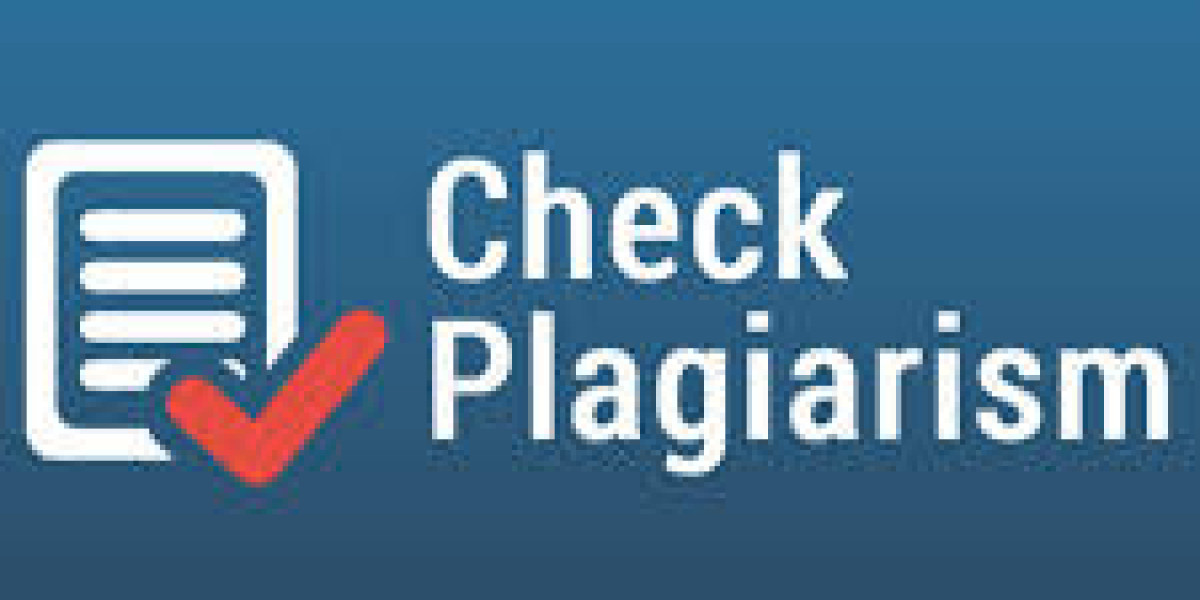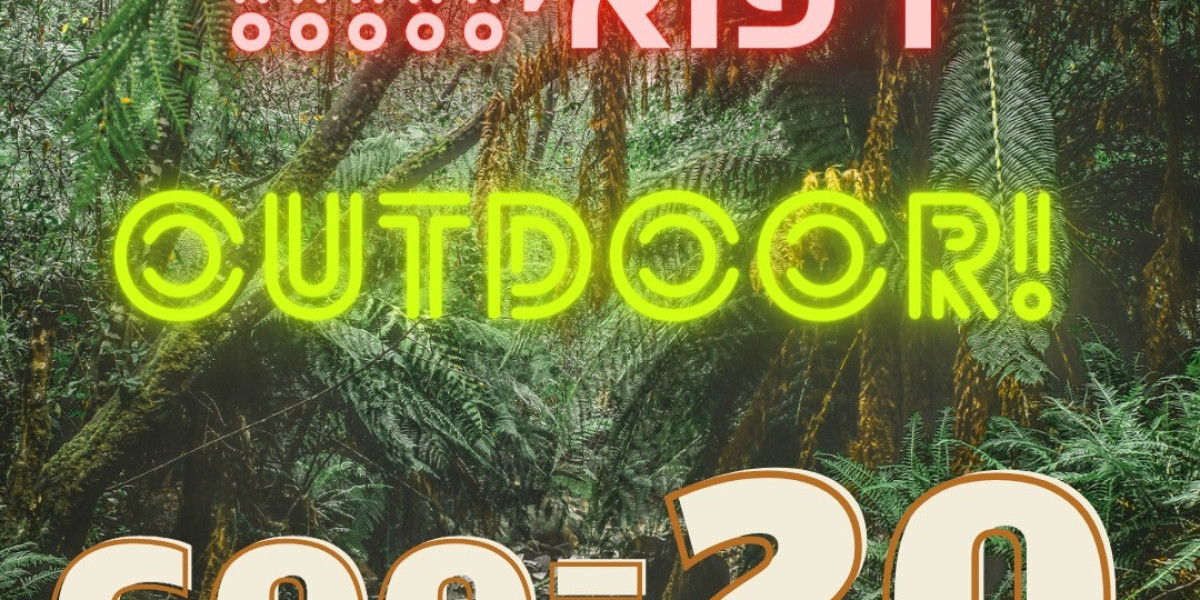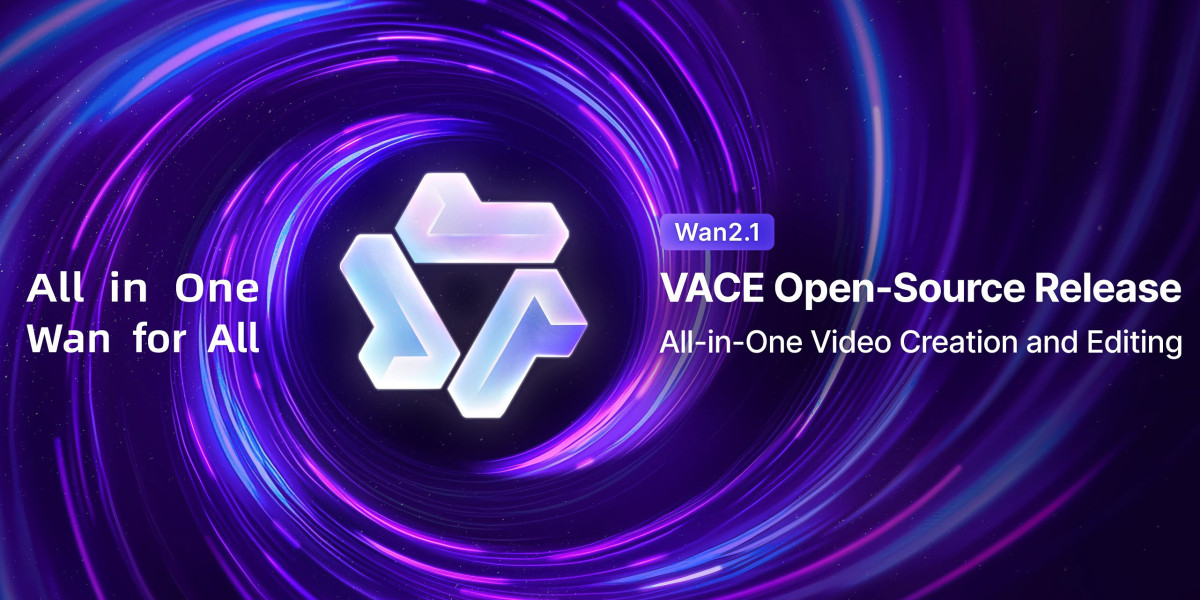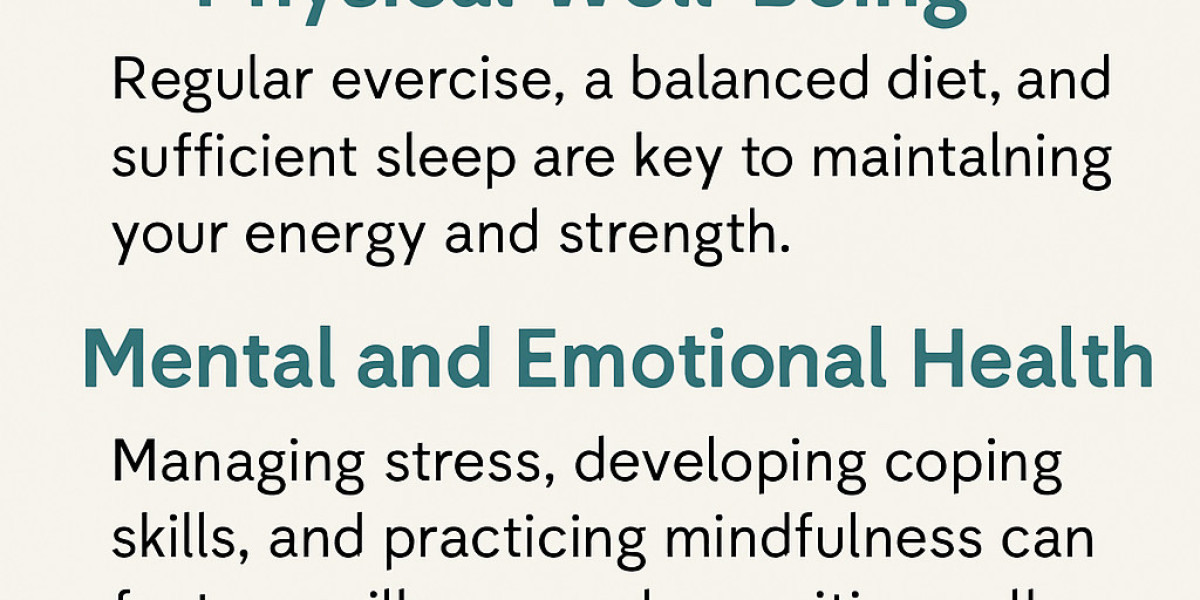In today’s digital age, the accessibility of information is both a blessing and a challenge. On one hand, we have endless knowledge at our fingertips. On the other, it’s easier than ever to unintentionally (or intentionally) copy someone else’s work. That’s where a plagiarism check becomes crucial. Whether you're a student, teacher, writer, or business professional, understanding how to properly detect and avoid plagiarism is essential to maintaining credibility, originality, and legal compliance. In this blog, we'll explore the concept of plagiarism, why a plagiarism check matters, and the tools and strategies you can use to protect your work and reputation.
What Is Plagiarism?
Plagiarism is the act of using someone else's work, ideas, or words without proper attribution. This can include:
Copying and pasting from a source without citation
Paraphrasing someone else's content too closely
Submitting someone else’s work as your own
Not giving credit to original authors or creators
In many fields, plagiarism is considered unethical and unprofessional. In academia, it can lead to failing grades or expulsion. In publishing or journalism, it can ruin reputations. And in the corporate world, it can lead to legal actions and damaged brand trust.
What Is a Plagiarism Check?
A plagiarism check involves using software or manual methods to detect whether a piece of content has been copied or closely paraphrased from existing sources. These checks are conducted using advanced algorithms that scan databases, websites, journals, and previously published material to find similarities between the content and known sources.
Modern plagiarism checkers don’t just look for exact matches—they also detect patterns, paraphrased content, and manipulated text, making them powerful tools for quality control.
Why Plagiarism Checking Is Important
Maintaining Academic Integrity
Educational institutions rely heavily on originality. A plagiarism check helps teachers and administrators ensure that students are submitting their own work and learning the material, rather than copying answers or essays from the internet.
Protecting Professional Reputation
For writers, journalists, and content creators, originality is currency. One act of plagiarism—whether intentional or not—can ruin your credibility. Running a plagiarism check before publishing ensures your work is unique and ethically sound.
Avoiding Legal Risks
In business, copying content without permission can result in copyright infringement claims. This can be costly and legally damaging. Regular plagiarism checks can prevent unintentional violations and maintain brand trust.
Enhancing SEO Performance
In the world of digital marketing, duplicate content can harm your website’s search engine ranking. Google prefers original content. Plagiarism check tools help marketers ensure all blog posts, product descriptions, and web pages are unique.
How Do Plagiarism Checkers Work?
Plagiarism detection tools compare your text against massive databases of online and offline content. They evaluate word sequences, sentence structures, and even writing styles. Here are some common techniques used:
Exact Match Detection: Identifies identical blocks of text.
Fuzzy Matching: Detects content that’s been slightly modified but still retains the same meaning.
Cross-Language Checks: Some advanced tools can identify translated plagiarized content.
Citation Analysis: Evaluates whether sources have been properly cited.
Popular plagiarism checkers include Turnitin, Grammarly, Quetext, Copyscape, and Scribbr, among others.
Free vs. Paid Plagiarism Tools
Many people wonder whether free plagiarism detector are enough. While free tools offer basic scanning, they usually come with limitations like:
Smaller databases
Limited word count
Fewer advanced detection features
Paid tools, on the other hand, offer deeper analysis, better accuracy, citation checks, and access to academic databases. For students and professionals who need reliable results, investing in a premium tool is often worth it.
Best Practices to Avoid Plagiarism
Even if unintentional, plagiarism can still lead to serious consequences. Here are a few tips to help you stay in the clear:
Cite Your Sources
Always give credit where it’s due. Use proper citation formats like APA, MLA, or Chicago depending on your field.
Paraphrase Correctly
Don’t just change a few words. Understand the source material and rewrite it in your own voice while still crediting the original author.
Use Quotation Marks
If you're using someone’s exact words, put them in quotation marks and add a citation.
Keep Track of Your Sources
As you research, maintain a list of links, books, or articles you've used. This makes citation easier and ensures you don’t forget where information came from.
Run a Plagiarism Check Before Submission
It’s always a good habit to check your work before turning it in or publishing it online. Many tools offer detailed reports and highlight potential issues.
The Human Element
While tools are helpful, they’re not perfect. They may sometimes flag common phrases or fail to detect cleverly paraphrased content. That's why human review is still important. Educators, editors, and content managers should combine tool-based reports with their own judgment and experience.
Moreover, original writing comes from personal insight, experience, and creativity. No tool can replicate the value of thinking independently and presenting ideas in your own voice.
Final Thoughts
A plagiarism check is no longer just a precaution—it’s a necessity in today’s fast-paced, content-driven world. Whether you're writing a term paper, a blog post, or a company report, originality matters. With the right tools and best practices, you can ensure your content is both ethical and effective.
Remember, avoiding plagiarism isn’t just about avoiding penalties—it's about building a reputation for honesty, quality, and authenticity. Take the extra step to check your work, and you'll always stand out for the right reasons.








